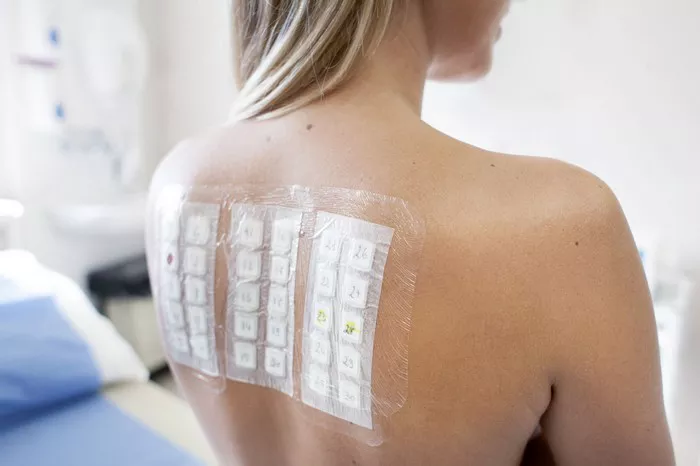New research from Emory University has revealed that autoantibodies present in the nasal cavity may serve as a valuable predictor of COVID-19 severity, potentially leading to more personalized treatment strategies. The study, published in Science Translational Medicine, suggests that for high-risk individuals, monitoring these autoantibodies could provide critical insights for timely interventions, such as administering antiviral medications like Paxlovid within the first week of symptom onset to mitigate severe outcomes.
The study followed 125 patients with a range of COVID-19 symptoms, from mild to severe, over nearly two years. Researchers analyzed antibodies in both blood and nasal samples, discovering that over 70% of individuals with mild or moderate COVID-19 developed specific autoantibodies in the nasal cavity. Surprisingly, these autoantibodies were associated with fewer symptoms, enhanced antiviral immunity, and quicker recovery times.
Eliver Ghosn, senior author of the study and faculty member at the Lowance Center for Human Immunology and Emory Vaccine Center, explained, “The presence of nasal autoantibodies appears to play a protective role, helping to regulate the immune response and prevent excessive inflammation while effectively combating the virus.” This finding contrasts with the traditional view of autoantibodies, which are often linked to increased inflammation and worse prognoses in other contexts.
Previous research has indicated that autoantibodies found in the blood can predispose patients to severe COVID-19. However, this new study emphasizes the importance of examining immune responses at the site of infection—the nasal cavity. “The key to this puzzle was to look directly at the site of infection, in the nose, instead of the blood,” Ghosn noted. “While autoantibodies in the blood were linked to poor outcomes, those produced locally in the nose shortly after infection correlated with effective recovery.”
To enhance the measurement of these nasal autoantibodies, the Ghosn lab developed a novel diagnostic tool called FlowBEAT. This technology allows for the simultaneous quantification of various antibody types from nasal swabs and other biological samples, offering a more sensitive and efficient method for assessing immune responses. “Historically, antibody measurement technologies have been limited in sensitivity and efficiency,” Ghosn said. “With FlowBEAT, we can conduct comprehensive tests that measure multiple antibody types against numerous viral and host antigens in a single sample.”
Looking ahead, the researchers aim to explore whether the nasal autoantibody response also provides protective benefits against other respiratory infections, such as influenza and RSV. “If this mechanism proves to be common across various viral infections, it could fundamentally change how we understand protective immunity,” Ghosn stated. “We hope to inspire new research avenues and therapeutic strategies for common respiratory diseases.”
The Ghosn Lab is collaborating with Emory’s patent office to develop a predictive diagnostic tool utilizing leftover samples from standard nasal swabs used for COVID-19 testing. “Currently, we assess infection risk before it occurs or analyze the course of infection after recovery,” said Ben Babcock, a PhD candidate who led the study. “Imagine capturing the immune response in real time during clinical visits. A timely test could empower physicians and patients with crucial information for making informed treatment decisions.”
Related Topics:
-
Digital Avatars Can Alleviate The Pain Caused By Disturbing Voices In Psychiatric Patients
-
Research Reveals The Influence Of Parents On Children’S Brain Development And Mental Health


